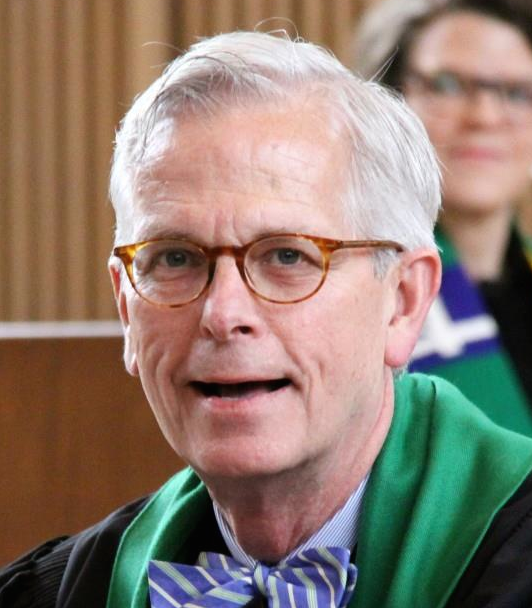By Jeff Brumley
A new poll has revealed something religious leaders have known for years: Americans are pretty self-centered when they pray.
And even when not praying for themselves, they are praying for family, friends and favorite teams — which, pastors say, often amounts to the same thing.
None of the Baptist ministers contacted by ABPnews/Herald were shocked to hear the results from the Oct. 1 LifeWay survey.
 “I don’t think it really surprising,” says Brandon Hudson, pastor of Crosscreek Baptist Church in Pelham, Ala. Largely it results from the failure of churches to properly form Christians in the practice of prayer, he says.
“I don’t think it really surprising,” says Brandon Hudson, pastor of Crosscreek Baptist Church in Pelham, Ala. Largely it results from the failure of churches to properly form Christians in the practice of prayer, he says.
“I don’t think we have actually taught people how to pray. We have not, in my experience, talked about the mechanics, varieties of and purpose of prayer — aside from the idea that you ought to do it.”
Survey says …
What they do know how to do is put their needs, and those of people closest to them, first, the LifeWay survey shows.
When asked what they typically pray for, 82 percent of respondents said for “family and friends,” followed by “my own problems and difficulties” at 72 percent.
Good things that have happened (54 percent) was next, followed by “my own sin” (42 percent). Victims of natural disasters (38 percent), God’s greatness (37 percent) and their own “future prosperity” (36 percent) were other categories.
The survey also asked those who pray if they have ever prayed for specific kinds of people or events.
Some — 41 percent — said they have prayed for people who mistreat them, while 37 percent said they had prayed for their enemies.
Twenty-one percent said they have prayed for winning lottery tickets and 13 percent for their favorite teams to win games.
‘Our default position’
Such attitudes are all too familiar to ministers who work in discipling new and lifelong believers.
“As an educator of a congregation this reminds me of the work we have to do in that whole area of the theological basis of prayer,” said Kenneth Meyers, faith formation specialist for the Alliance of Baptists.
Christian teaching, experience and Scripture demonstrate that written or spontaneous prayers focused on God and others are ideal for strengthening faith.
 Petitions focused on one’s self are best if the believer is “praying for one’s own connection with God,” said Meyers, who will retire in November as minister of faith formation at Knollwood Baptist Church in Winston Salem, N.C.
Petitions focused on one’s self are best if the believer is “praying for one’s own connection with God,” said Meyers, who will retire in November as minister of faith formation at Knollwood Baptist Church in Winston Salem, N.C.
But Meyers added that there are no bad prayers.
“When we get stressed out, we find ourselves reverting back and praying for a football team or a parking spot — that’s kind of our default position,” he said.
‘Opening ourselves to change’
In Alabama, Hudson said congregations can take their own small steps away from the kind of prayer illuminated in the LifeWay poll and toward more ancient and biblical forms.
Prayer-centered teaching series are frequently offered at Crosscreek, including an upcoming series about contemplative prayer.
A recent Wednesday small-group study at the church offered a series of steps to achieve a balanced approach to prayer:
• Start with thanksgiving. Focusing on gifts in life not of their own making can generate gratitude in those praying, Hudson said.
• Move next to adoration, where love for God and who God is are expressed.
• Then comes confession. Hudson said this is not so much about admitting specific sins as it is “a confession that God is God and we are not God.”
• Next is intercession. “From those steps, intercession becomes very authentic.”
• Close the prayer with commitment to the way of Christ.
There are many approaches to prayer that can achieve similar results, Hudson added.
“Prayer is such a huge topic, but it’s also one you can’t reduce to a formula,” he said.
But there is a facet of prayer that is lost on many Christians.
“It’s not just about trying to change God’s mind, it’s about opening ourselves up to change.”
